
1. Know when to stop drinking
Knowing when to stop drinking means different things for different people. For most men, that means no more than one drink an hour and for women, no more than half a drink per hour. “A drink” is 1 ounce (25 millilitres) of liquor, 5 ounces (150 millilitres) of wine or 12 ounces (350 millilitres) of beer. Stop drinking after 4 hours.
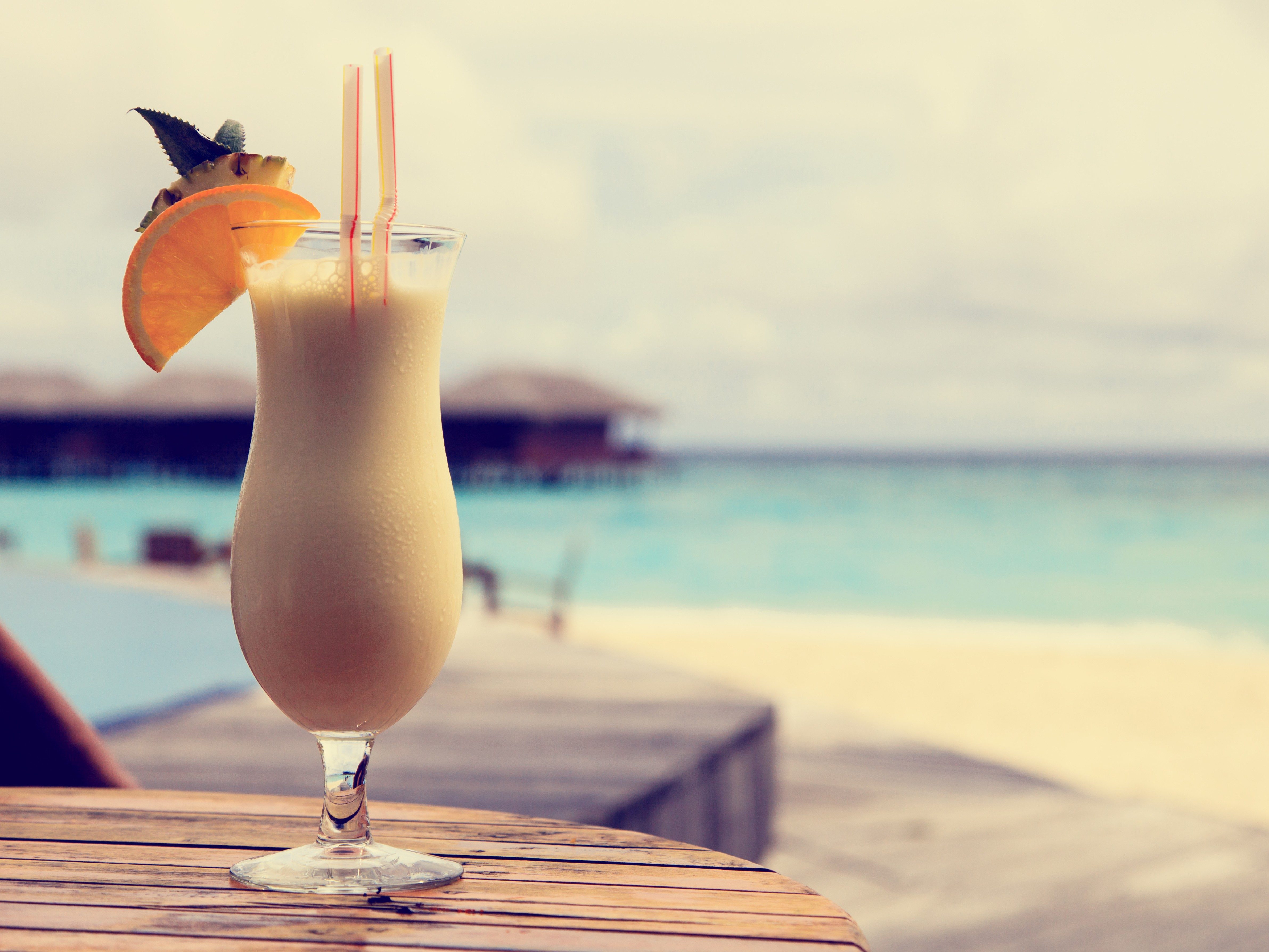
2. Avoid sugary drinks
Sugary drinks are enticing, no doubt, but when it comes to tropical mixed drinks such as piña coladas, you’re likely to drink them too fast. Best to steer clear of these altogether.
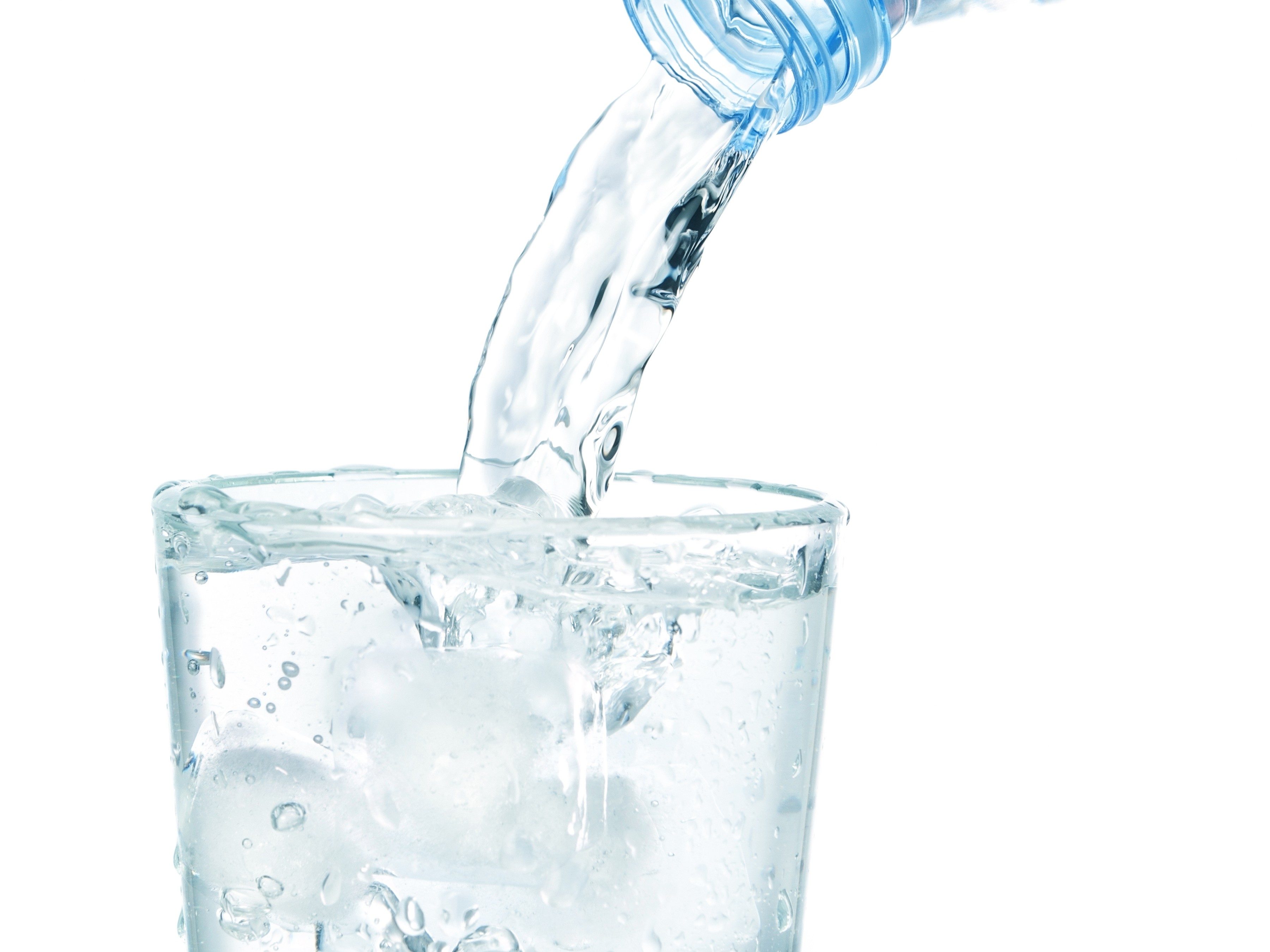
3. Alternate with non-alcoholic drinks
Drink a glass of sparkling water, seltzer or sports drink for every alcoholic drink you have. This will slow your drinking and prevent dehydration and electrolyte depletion.
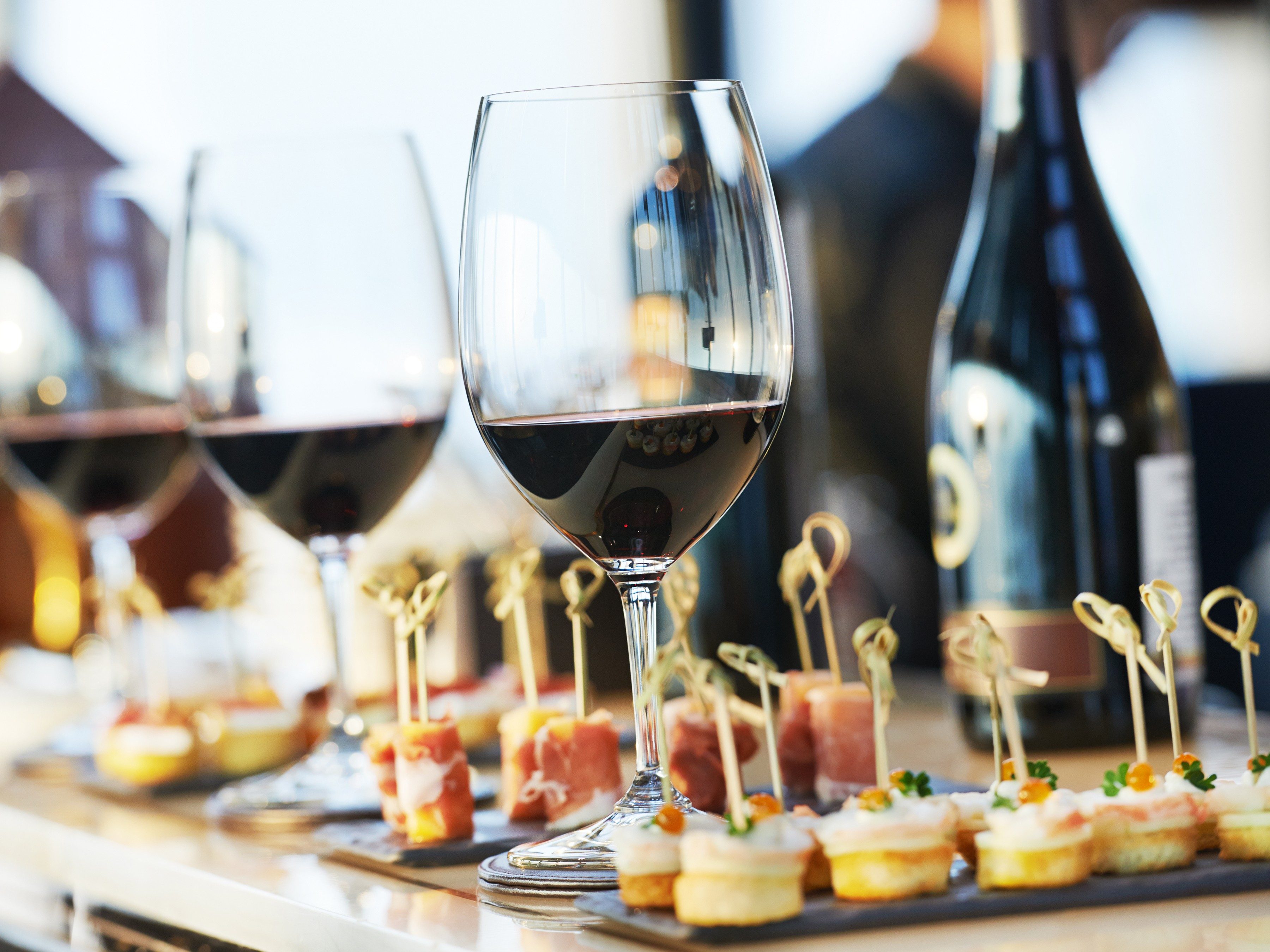
4. Eat before you drink
Eating some cheese and crackers before you start drinking will coat your stomach. This slows the entrance of alcohol into your bloodstream.
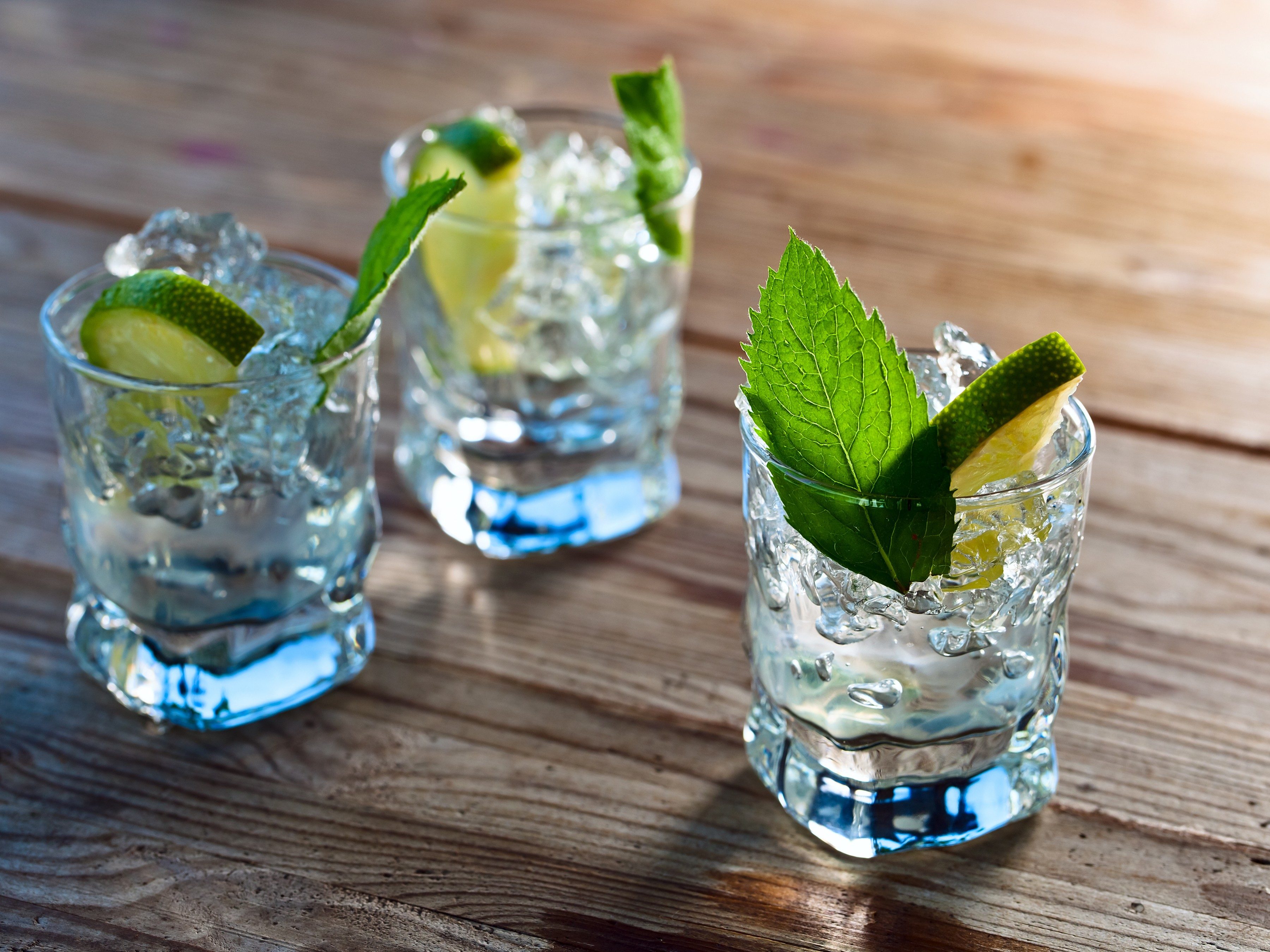
5. Drink purer forms of alcohol
Certain types of alcohol, including bourbon, whisky, brandy and other coloured hard liquors, contain congeners-impurities that trigger hangovers. Stick with clear liquors, such as vodka. Also limit your consumption of red wine, which contains tyramine, a histamine-like substance that triggers headaches.
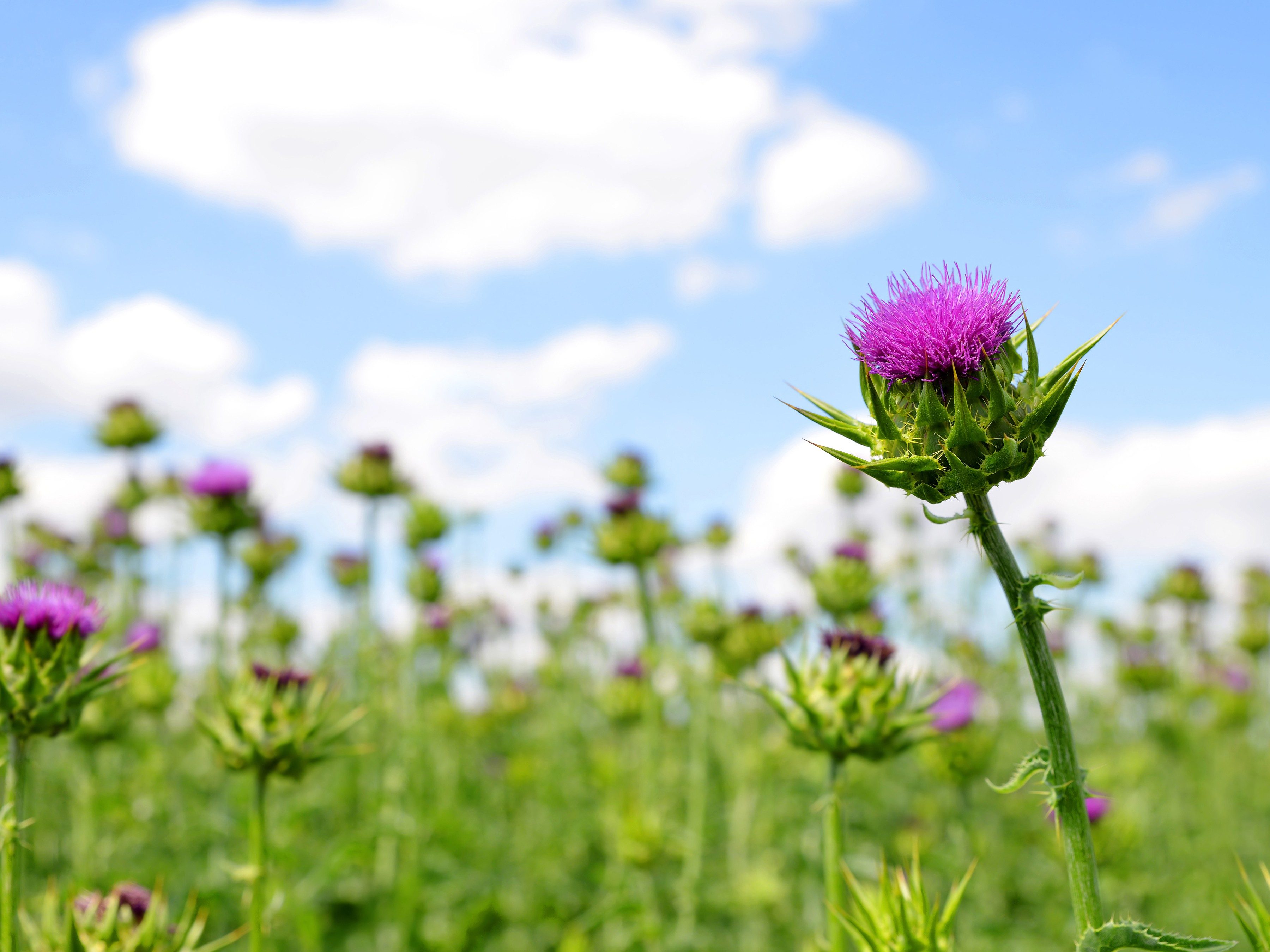
6. Take milk thistle in the lead up to a big party
You know you have a wedding coming up where there will be an open bar, so why not prepare accordingly? Taking 175 milligrams of milk thistle standardized extract three times daily for three days leading up to a big event will raise levels of detoxifying enzymes in the liver and improve liver function, helping your body process alcohol more quickly.
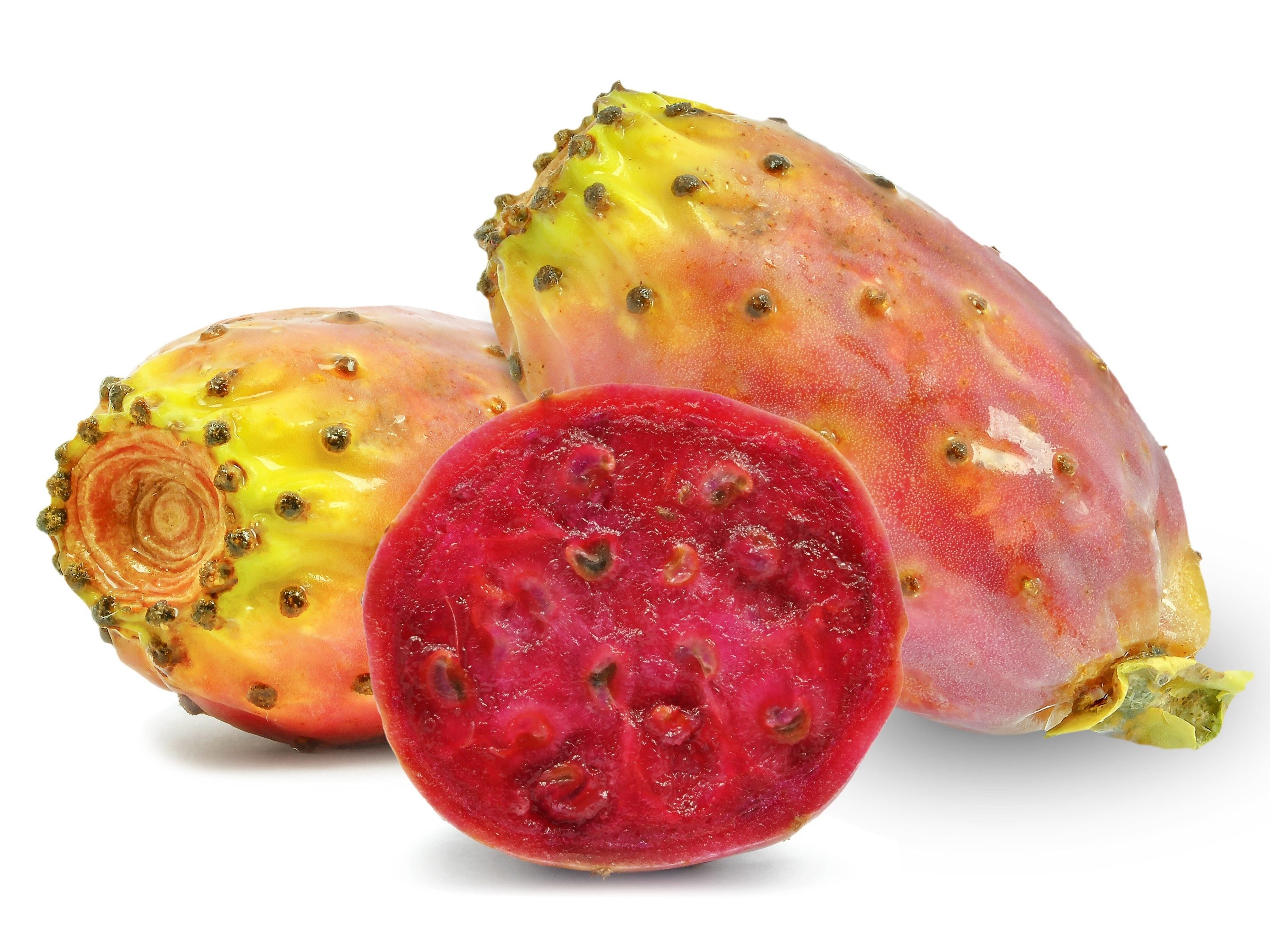
7. Take prickly pear before you go out
Take 800 to 1600 IU of prickly pear 2 to 5 hours before drinking. One study of 64 people who took this supplement before drinking found they had less nausea, dry mouth and other hangover symptoms than a control group. Overall, they slashed their risk of a severe hangover in half. The supplement is thought to work by reducing levels of inflammation.